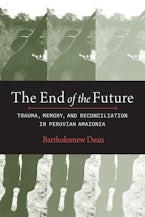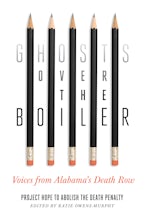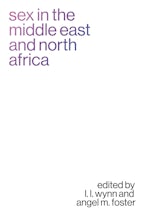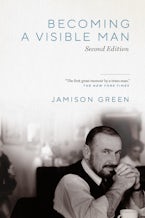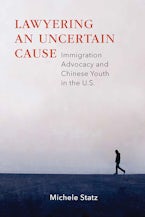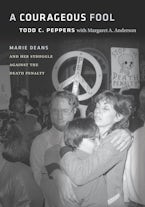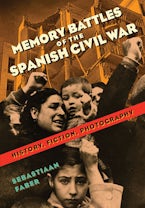- Home
- Memory Activism
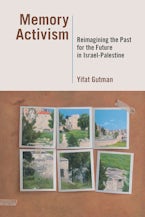
SAGE Memory Studies Journal & Memory Studies Association Outstanding First Book Award, Honorable Mention, 2019
Set in Israel in the first decade of the twenty-first century and based on long-term fieldwork, this rich ethnographic study offers an innovative analysis of the Israeli-Palestinian conflict. It explores practices of "memory activism" by three groups of Jewish-Israeli and Arab-Palestinian citizens--Zochrot, Autobiography of a City, and Baladna--showing how they appropriated the global model of truth and reconciliation while utilizing local cultural practices such as tours and testimonies.
These activist efforts gave visibility to a silenced Palestinian history in order to come to terms with the conflict's origins and envision a new resolution for the future. This unique focus on memory as a weapon of the weak reveals a surprising shift in awareness of Palestinian suffering among the Jewish majority of Israeli society in a decade of escalating violence and polarization--albeit not without a backlash.
Contested memories saturate this society. The 1948 war is remembered as both Independence Day by Israelis and al-Nakba ("the catastrophe") by Palestinians. The walking tour and survivor testimonies originally deployed by the state for national Zionist education that marginalized Palestinian citizens are now being appropriated by activists for tours of pre-state Palestinian villages and testimonies by refugees.
Set in Israel in the first decade of the twenty-first century and based on long-term fieldwork, this rich ethnographic study offers an innovative analysis of the Israeli-Palestinian conflict. It explores practices of "memory activism" by three groups of Jewish-Israeli and Arab-Palestinian citizens--Zochrot, Autobiography of a City, and Baladna--showing how they appropriated the global model of truth and reconciliation while utilizing local cultural practices such as tours and testimonies.
These activist efforts gave visibility to a silenced Palestinian history in order to come to terms with the conflict's origins and envision a new resolution for the future. This unique focus on memory as a weapon of the weak reveals a surprising shift in awareness of Palestinian suffering among the Jewish majority of Israeli society in a decade of escalating violence and polarization--albeit not without a backlash.
Contested memories saturate this society. The 1948 war is remembered as both Independence Day by Israelis and al-Nakba ("the catastrophe") by Palestinians. The walking tour and survivor testimonies originally deployed by the state for national Zionist education that marginalized Palestinian citizens are now being appropriated by activists for tours of pre-state Palestinian villages and testimonies by refugees.
Yifat Gutman is a sociologist and culture researcher at Tel Aviv University and an Associate Research Fellow in the Truman Institute of the Hebrew University of Jerusalem. She is coeditor of Memory and the Future: Transnational Politics, Ethics, and Society.
"Recent instances of memory activism in Israel-Palestine allow Yifat Gutman to reconceptualize both memory politics and peace activism, and thus to offer memory studies important new paradigms. Her ethnography of activist groups highlights hopeful alternatives to official memorials and commemorations of troubled histories. As this groundbreaking study shows, memory activists can take responsibility for the past even as they imagine and work for a more just future. Memory Activism represents engaged scholarship at its best."
—Marianne Hirsch, author of The Generation of Postmemory: Writing and Visual Culture after the Holocaust
"Yifat Gutman's study of a contemporary Israeli counter-memory and the cultural practices of its activists is as clear as it is courageous. It is an important intellectual achievement because it shows that even a hot topic like contested memory can be subjected to a lucid, differentiated, and insightful analysis."
—Aleida Assmann, author of Shadows of Trauma: Memory and the Politics of Postwar Identity
"This is a fascinating story about the politics (and the anti-politics) of historical memory, set in the country where it matters most, Israel. Or is it Palestine? There are moral and analytical lessons here for all of us, no matter where we live."
—James M. Jasper, author of The Art of Moral Protest: Culture, Biography, and Creativity in Social Movements


